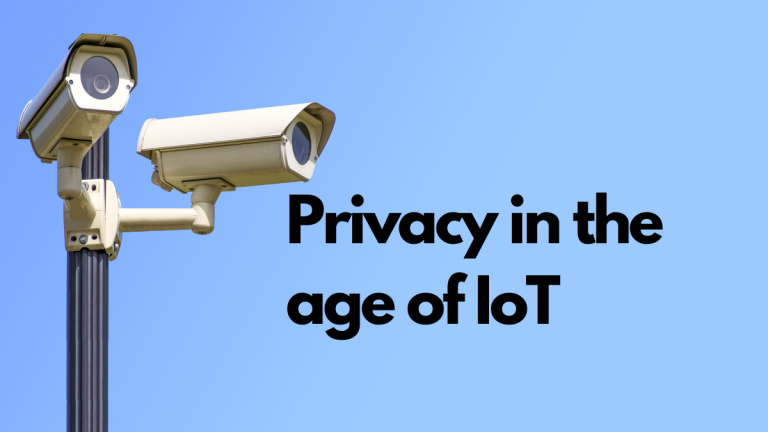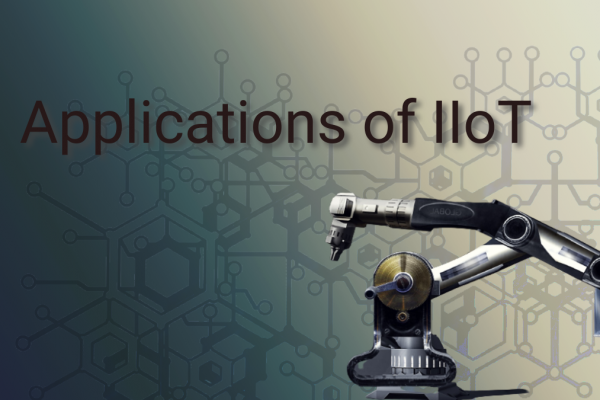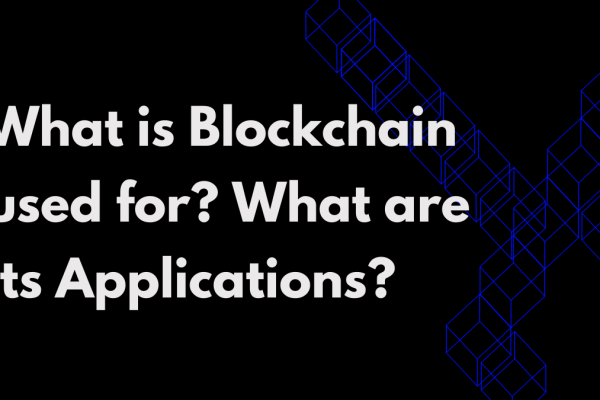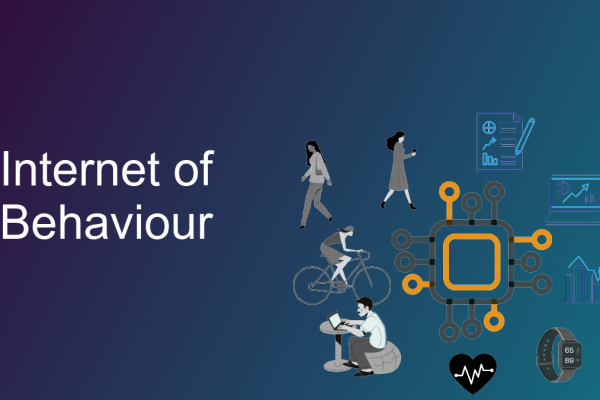With the increasing number of IoT devices on the planet, every human being’s privacy is facing a threat never seen before. By 2025, the number of IoT devices on the planet is expected to be more than 30.9 billion. IoT devices may be even more ubiquitous than smartphones in the near future. And while the internet of things does bring a lot of benefits and comfort, it also presents new threats and challenges for privacy.
The numbers and statistics of the spread of IoT devices remind us about the growth of another huge threat to privacy in the early 2000s: social media after the arrival of Facebook. Sure there were social media platforms before Facebook. But somehow Facebook became a household name, having a Facebook account became as common or even more common than having a driver’s license. While privacy experts did warn us, nobody knew what to expect, until much later.
And we may be in those early days of IoT as well. Sure IoT has been around for a very long time, but there has been a huge increase in its popularity over the past decade. And as with Facebook, there are warnings from privacy advocates. But can anyone completely predict what the future may bring?
Let’s have a look at what the future may hold for privacy as far as the internet of things is concerned.
It’s going to be everywhere.
You can log out of social media, you can switch off your phone, and you can switch off every electronic device in your hand. But with the way it is going, the internet of things devices will be around you. Which means cameras, mics, and other sensors wherever you go. Facial recognition systems in offices and transport hubs.
And with the race to create more connected products, having a product not connected may not be an option in the future. Everything electronic, from your refrigerator to microwave oven, even down to your blender is likely to be connected. Sure you can disconnect them from the wifi, but there’s a good chance you’ll need internet connectivity for them to work, or at least to make use of all the features. Remember when an amazon server outage caused something as simple as a doorbell to not function? Welcome to the future.
This means there may not be an opt out option from IoT or data collection.
Internet of things: Convenience over privacy?
Nobody is arguing that IoT devices are without function. As someone with an unhealthy obsession with smart gadgets, I’ll be the last one to say that. They make life convenient, fun, and that’s just barely scratching the surface.
And even if IoT devices are collecting data, there are enough techies who admit they’re ok with it, as long as the data is anonymous. Because in return they’re getting better services, better features, and more personal assistance. For example, Google assistant reading our emails is ok, if it means it will remind us about an upcoming event, as long as our emails are not being read by a human.
But how much privacy are you willing to hand over for this convenience? The impact of social media on the global population has shown how much convenience can cost. Social media ads for a t-shirt you’ve been looking at? Cool. Social media ads targeting you based on your ethnicity, place of origin, your social media posts, your friend circle, etc to change how you vote? Not that cool.
Over the years many of us have wondered if social media apps are listening to our conversations after we noticed ads about things we talked about and never made a search for. This is a very real possibility with the internet of things.
Remember the 2017 movie The Circle starring Emma Watson? Imagine being in a world where every moment of your life is documented, analysed, and used.
If you’re not paying for it, you’re the product
Good thing we are paying for our smart gadgets right?
Jokes aside, even when we’re paying for it, we can’t be sure if our data is not being sold. Data collected from smart assistants are certainly being used to improve them. Our queries are being sent over to servers where they’re analysed by machines or humans. And it would be a surprise if they don’t put ads on these things (if they’re not doing it already). And these ads are definitely going to be highly targeted. What could this mean for our privacy? Unlike conventional products, connected products offer an opportunity for manufacturers to make revenue even after they’re sold, in the form of ads, subscriptions, and more.
Big brother may be watching
Over the past couple of years, we have noticed mass surveillance tools deployed by governments across the globe. Tools for analysing large amounts of data to detect and thwart threats.
And these tools currently rely on everything from emails to drone footage. Imagine what they could do with even more data from IoT. Data that shows how much distance we’re walking, where we’re walking to, what our behaviours are could be very valuable to many concerned parties.
This is of course, not necessarily a bad thing. These tools have thwarted many extremist plots that could have caused so much death and destruction. We may never know the exact number of lives saved or incidents prevented.
But dictatorships can use these very same tools to control freedom of speech and suppress dissent.
The solution? Better regulation of the Internet of things
The idea of this article is not to stop you from using IoT or halt its growth.
The majority of the world doesn’t have good regulations on data collections. And if our experience with social media has taught us anything, it’s that we can’t wait for a data leak to happen to implement regulations.
Clear regulations with protocols for data collection, storage, analysis, and usage will be the only protection for the privacy of users.
Users should be clearly informed of the collected data, and how it will be used. Organisations collecting the data have to be held accountable for data leaks.




